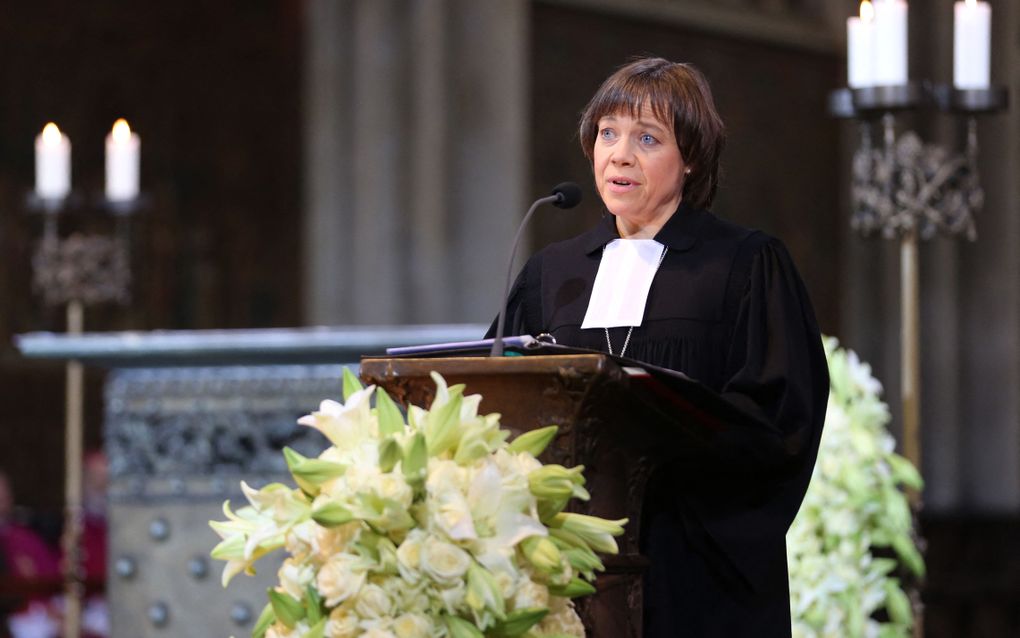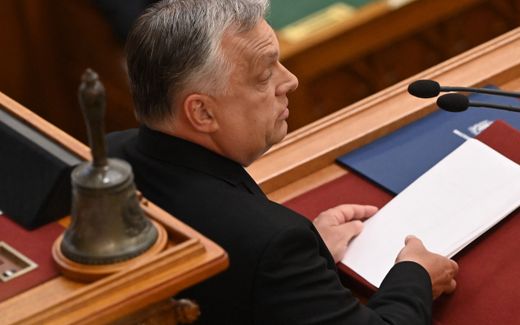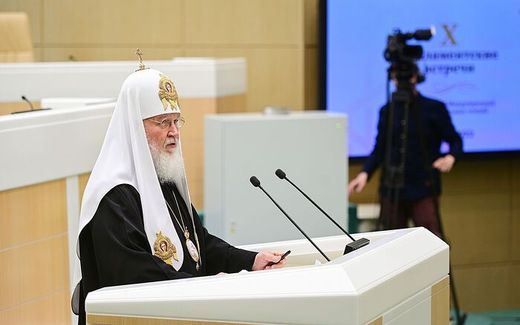German Protestant church leader accuses Kirill of “blasphemy”

Anette Kurschus in 2015. Photo AFP, Oliver Berg
Central Europe
Russian Orthodox Patriarch Kirill is guilty of "blasphemy" for justifying Russia's war with Ukraine, according to EKD Council Chairwoman, Anette Kurschus. The president of the EKD, a Protestant denomination in Germany, accused the Russian Church leader in a speech she gave during a reception in Berlin last week.
Kurschus referred to an earlier statement from Kirill. The Patriarch had spoken about the "aggressive war as a God-ordained means to impose his own view of Christianity and his view of history", according to Kurschus. This had angered her greatly.
The Russian patriarch has repeatedly defended Russia's invasion of Ukraine by blaming the West and saying that Russia is fighting in the name of "the right to position itself on the side of the light, on the side of God's truth, on the side of what Christ's light, His Word, His Gospel reveal to us." Kurschus told the attendees that she considered it blasphemous to “put God in front of one's cart in this way.” That is reported by BR.
Condemnation
Even though president Kurschus condemned the actions of the Russian Patriarch, she did not reject the entirety of Russian Orthodoxy and expressly stated her wish to uphold the ecumenical bonds to the Orthodox Church, IDEA writes.
Demonisation
The EKD Council Chairwoman went on by warning against idealising Ukraine. She fears that the defence of Ukraine becomes ideologically the same as the defence of Western values, which is a "historical-theological exaggeration of the war." Freedom and justice are worth defending, according to Kurschus. However, she also argues that they should not be paired with the hateful rejection, demonisation, and dehumanisation of people who think differently about the matter, reports ORF.
Regarding the war in Ukraine, the German theologian thinks Christians should communicate in a way that gives a voice to ignorance, scepticism, and doubt and allows anyone to change their mind without being laughed at or looked down upon. The Bible also allows for contradictions to stand next to each other and brings them through dialogue together in a higher truth, IDEA writes.
Related Articles





